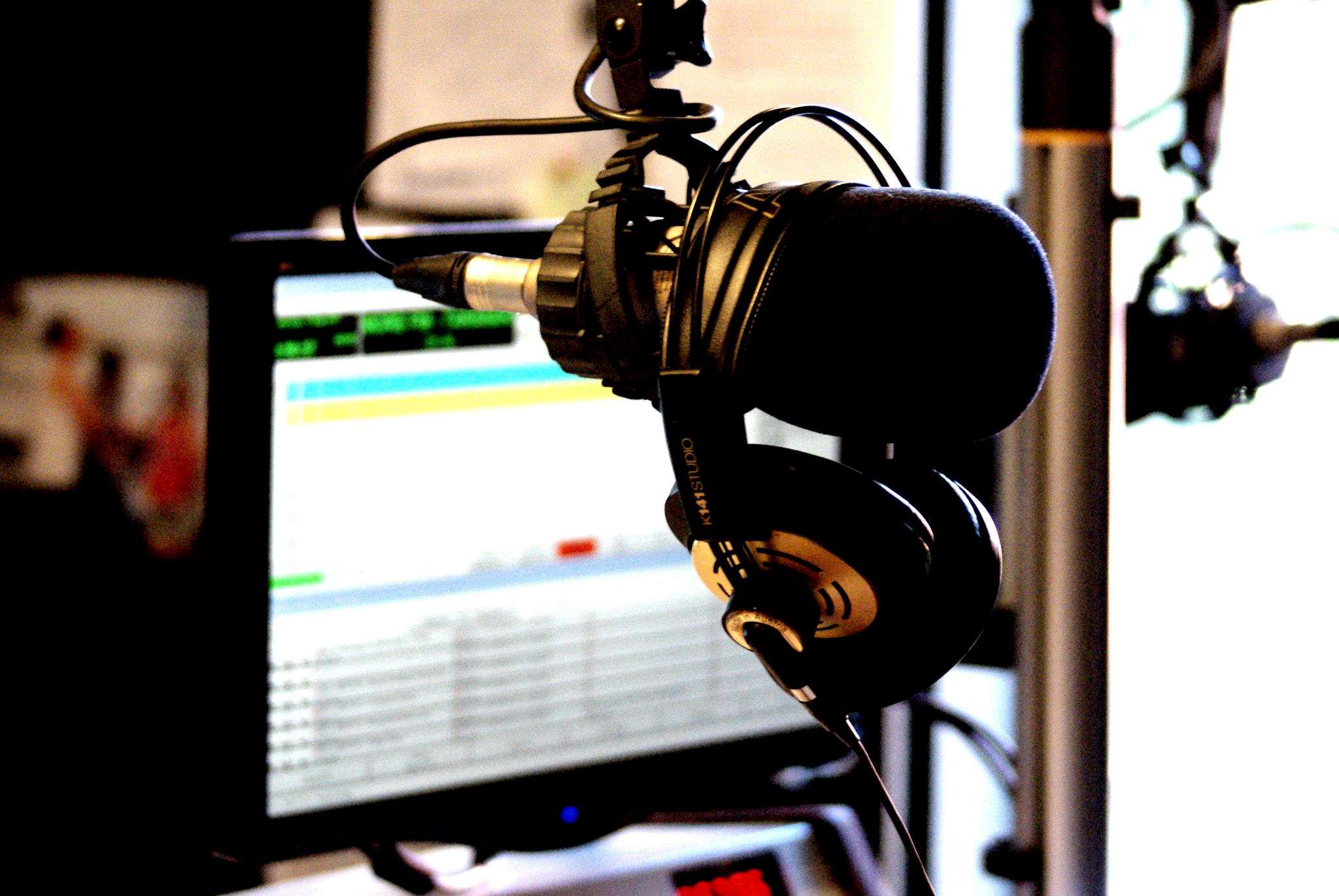Opinion: Local sports radio now competitive
Thursday, May 28 2020

With the demise of Radio Sport and now TAB Trackside Radio, the local sports radio market has just become competitive as ever.
There are already a handful of existing local sports radio shows on Taranaki airwaves on Saturday mornings serving their respective audiences. But with the disestablishment of national sports stations and programming, these local programmes have become competitive, probably for the first time.
Radio Sport was taken off air prior to the COVID-19 lockdown due to financial constraints, which started the end of sports radio in New Zealand. You could argue the writing was on the wall when Radio Sport, owned by NZME, didn’t renew their deal with New Zealand Cricket.
Their competitor TAB looks to cut 230 jobs including staff involved in Trackside Radio and Mediaworks will look to slash over 100 positions.
Even with the Government media support package, many companies have been forced to make staff redundant or worse, close all together.
Radio Sport has had the rights for high level sports for a number of years with Trackside Radio providing shows promoting an array of sports with high quality broadcasters behind the microphone like Glen Larmer, Grant Nisbett and Mark Stafford.
Since MagicTalk’s rebrand from Radio Live, they chose not to produce any sports content. They have been taken out of the Taranaki radio market and now Magic Music broadcasts on that frequency.
Newstalk ZB will continue to have a small selection of sports shows but is that enough?
Without that competitive element in the national sports radio market, given Trackside Radio has now folded, there is now healthy competition in the local radio scene. Where else will people get their sporting fix? It won’t be the newspaper as Stuff made their sports reporters redundant in December 2017.
I’ve always been an advocate for local radio, it gives communities a voice and more of a local identity for advertisers.
In Taranaki, Newstalk ZB is lucky enough to have Phil Quinney hosting a two-hour Saturday morning sports show between 7am-9am. Quinney is one of the best local rugby and cricket radio commentator in his own right to come out of the regions and has a structured programme showcasing Taranaki sport.
Terry Tamiti hosts The Locker Room on Saturday mornings between 7am-10am on Te Korimako O Taranaki and I host a sports show on The Most FM jammed into an hour on Saturday mornings between 8am-9am. We were the first sports show to re-launch after lockdown. The two latter stations are privately owned and partially funded.
Mediaworks hasn’t put any resources into a local sports show, probably due to the localism already present during the week where they cover sports on a casual basis.
So who will you listen to? It is over to you because no matter who you listen to on any given Saturday, you will get a taste of local sport. There is more of a competitive local sports market locally than nationally. All three of the current shows have regular contributors, who you may already know and are passionate about their sports promoting them to their audiences. Each time a contributor is on air, they bring with them their family and friends, on top of their sports and regular audience, who listens in.
While Newstalk ZB has a strong reputation, it goes without saying that more people listen to Quinney given they have a fair chunk of the market share. He also informs his audience of results and progress scores during local commercials on Saturday afternoons. Perfect if you cannot attend local sport.
However, The Locker Room and The Most FM Sports Show don’t have a full focus on commercialism, meaning the content is a bit looser with no constraints from programme directors in Auckland. Therefore, there is more room to wiggle in the local sports market and a relaxed approach within reason – not saying Quinney is restricted or limited.
On top of local radio shows, social media and podcasting has helped promote sport and personalities. A selection of former Radio Sport broadcasters have started their own Facebook pages to continue their promotion and opinion on sport. Podcasts, like the Overtime Pod, has provided another platform for sport in a more accessible way. It also doubles to ensure there are opportunities for broadcasters.
It’s my dream to continue to hear local sports commentaries on radio, whether that be domestic cricket or provincial rugby. There is still the need for sport to be broadcast on the radio as there is still a portion of society that cannot attend matches or have Sky to enjoy the games.
At this stage those commentaries will likely be on NZME frequencies as they still have the radio broadcast rights, but in the long run, it would help if they were broadcast on local radio. However, the only barrier for them is the cost of broadcast rights and outside broadcast equipment.
So, there is a need to support local radio and local sport, when it eventually kicks off.
Will Johnston

